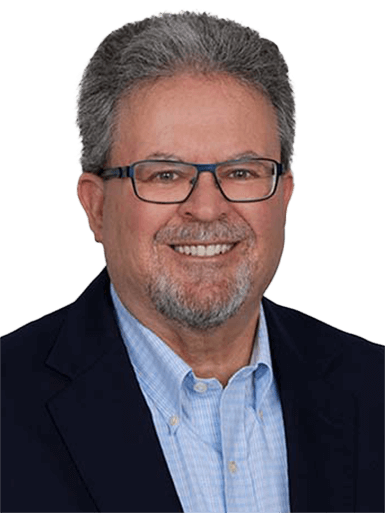Congress Passes Another Two-Year Suspension of the Medical Device Excise Tax
AAFCPAs would like to make clients aware that the Medical Device Excise Tax (“MDET”) has once again been suspended for 2018 and 2019, retroactive to January 1, 2018.
MDET is a 2.3% tax on medical devices, enacted effective January 1, 2013. The tax applied to manufacturers and importers of certain medical devices, as defined by the US Food and Drug Administration under section 510(j) of the Federal Food, Drug and Cosmetic Act. This includes all biologic devices that are listed with the FDA. All such devices were subject to the 2.3% excise tax unless a specific exemption applied.
A two-year moratorium on MDET was signed into law by President Obama to suspend this tax on medical devices effective January 1st 2016 through December 31st 2017. The suspension expired January 1, 2018 and the first payments of the tax were due to the Treasury Department in April. However, the temporary spending bill signed into law by President Trump on Monday, January 22, 2018, further suspends the MDET for another two years, to January 1, 2020. Until then, the medical device industry will likely lobby Congress to eliminate the tax entirely.
AAFCPAs will keep you informed of any new developments in this area. If you have any questions, please contact your AAFCPAs partner or Richard Weiner, CPA, MST at 774.512.4078, rweiner@nullaafcpa.com.

